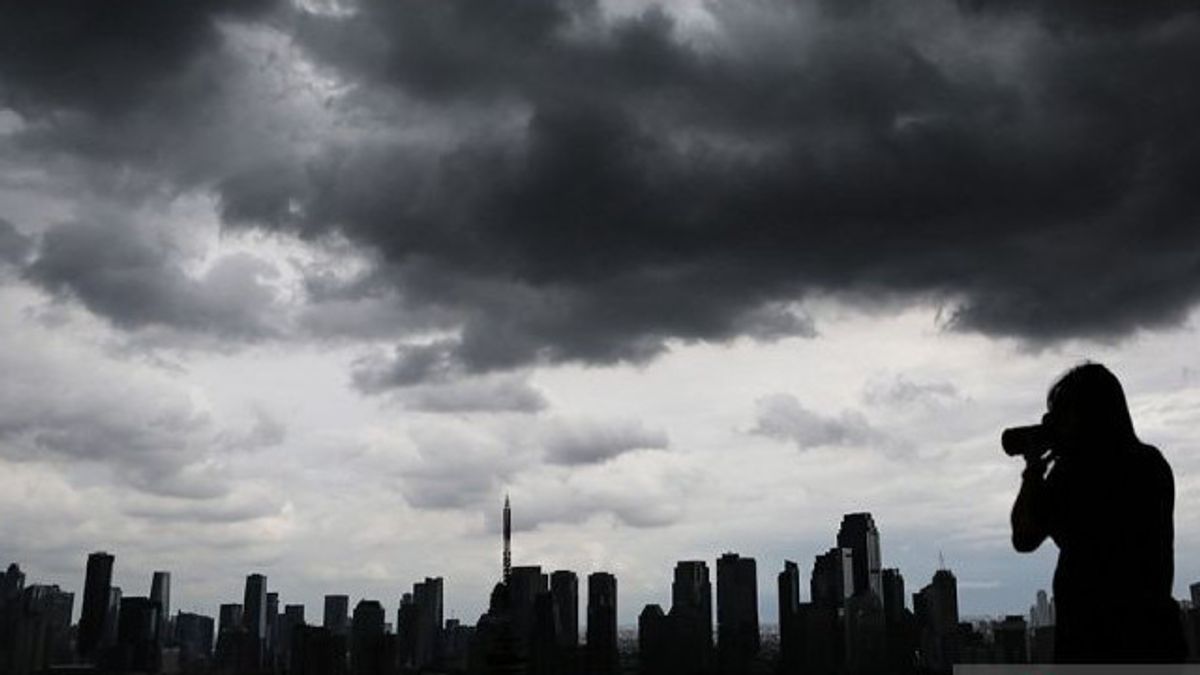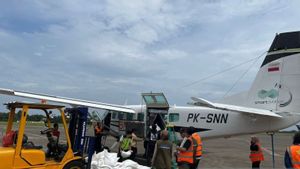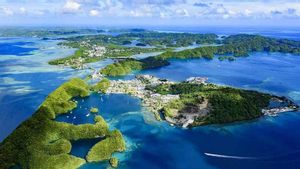JAKARTA - Deputy Chairman of Commission V DPR RI Andi Iwan Darmawan Aras asked the Government to improve disaster mitigation infrastructure in order to maintain public safety. Following the extreme weather that has hit a number of areas in the country recently.
"Recent natural conditions are increasingly uncertain, so the State is required to be more responsive and responsive in dealing with potential natural disasters that can occur at any time. In addition to mitigation efforts, we hope that there will be anticipation from the disaster infrastructure side," said Andi Iwan Darmawan Aras, Thursday, December 12.
The infrastructure includes vital buildings, public facilities, public transportation systems, telecommunications, and an electric power system designed to withstand the impact of natural disasters. Iwan reminded that the Government must prioritize community needs and security when a disaster occurs in order to feel safe.
"There needs to be coordination between BMKG, BNPB, TNI/Polri, Basarnas and all stakeholders to increase their operational capacity so that disaster management can be more efficient," he said.
"Good coordination can reduce risks, and ensure the safety of the Indonesian people," added Iwan.
The leadership of the Commission in the DPR in charge of infrastructure and transportation affairs also supports the Government's efforts to continue to take disaster mitigation steps. Iwan also appealed to the public to be careful in their activities as long as Indonesia is still facing extreme weather.
"It's time to increase joint efforts for a safer Indonesia and ready to face the increasingly frequent challenges of extreme weather," he said.
Iwan also assessed that the Meteorology, Climatology and Geophysics Agency (BMKG) needs to increase monitoring and early warning systems. As an institution tasked with monitoring and monitoring weather and climate conditions, he said, BMKG has a crucial role in providing accurate and timely information to the public and authorities.
"BMKG must be able to provide early warnings more effectively so that people can prepare themselves and reduce the impact of damage. Optimize social media and digital access that can be done so that information spreads quickly," explained Iwan.
Iwan also asked the National SAR Agency (Basarnas) to be more responsive in dealing with disaster threats by strengthening coordination between agencies so that emergency assistance can be immediately activated and reach the affected communities quickly.
"It can be done by increasing the capacity of personnel, equipment, and logistics that will accelerate responses and assist the evacuation process in the event of a disaster," he said.
Moreover, added Iwan, soon Indonesia will enter the moment of Christmas 2024 and the New Year's 2025 holiday. Where people's mobility will increase.
Storm and heavy rain can disrupt air, land and sea transportation routes, which of course threaten the safety and mobility of residents. Therefore, anticipatory steps need to be taken," Iwan appealed.
"Including the temporary closure of risky transportation routes, as well as emergency handling involving BMKG and Basarnas," he continued.
SEE ALSO:
As is known, a number of areas were hit by natural disasters following extreme weather. Like Sukabumi Regency, which was paralyzed by floods, landslides, and land shifts. As a result of this incident, a number of residents' houses and public facilities were damaged.
Most recently, Bali was also hit by the Puting Beliung storm. Even as a result of a tornado, 2 Foreign Citizens (WNA) who were visiting the Monkey Forest tourist attraction area in the Ubud area died due to falling trees. Residents' houses in other Bali areas were also reported to be damaged.
The English, Chinese, Japanese, Arabic, and French versions are automatically generated by the AI. So there may still be inaccuracies in translating, please always see Indonesian as our main language. (system supported by DigitalSiber.id)















